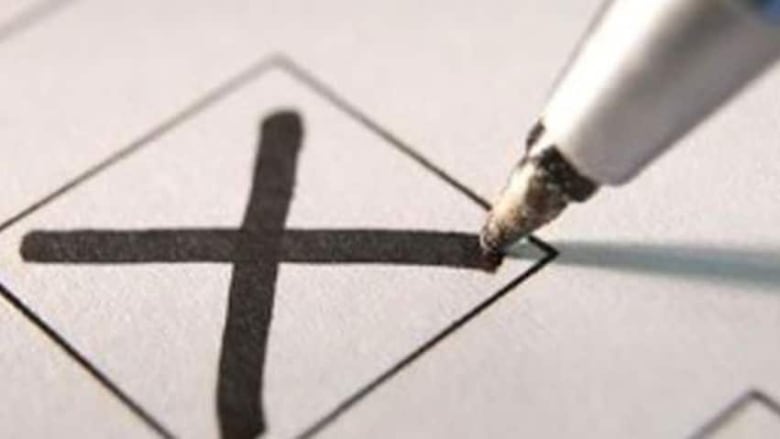Fraser Institute calls for 2 referendums on B.C. electoral reform
Think tank says New Zealand process in 1990s points the best way to successful poll

For the Fraser Institute, the biggest question around electoral reform is the question itself and how many questions voters will be asked.
The think tank released a report Wednesday calling for the B.C. government to frame this fall's electoral reform referendum around two questions: should the province change the voting system? And, if so, what should that new system be?
Those questions,it says,should be asked over the course of two separate referendums.
"How governments get elected is perhaps the most important part of any democracy, and efforts to change the electoral system require very careful consideration," Lydia Miljan, a political science associate professor ot the University of Windsor and co-author of the report, said in a statement.
For voters to truly understand the magnitude of the potential change they are asked to weigh in on, the second referendum makes sense, the report argues.
It also argues that if the turnout is too low for either referendum, the government should take whatever mandate given with a grain of salt as it may not reflect the true will of the people.
Wednesday deadline
The report's conclusions, the institute says, are drawn from examples of best practices from around the world.
It focuses heavily on the example of New Zealand and its switch to a mixed-member proportional (MMP) system.
The authors say that switch, in the early 1990s, was successful because the two referendumsasked clear questions, the voters understood their options for voting systems and how they would work and, interestingly, voters were largely dissatisfied with politics as usual.
The authors also advise against crafting leading questions on the ballots.
"While that flexibility might be tempting for the NDP and Greens, the uncertainty could backfire on their attempt to implement electoral reform," the report states.
"If the public is concerned about partisan manipulation, it is more likely to vote to retain the current system."
Wednesday is the last day the public can weigh in on electoral reform on the provincial government's online questionnaire.












_(720p).jpg)


 OFFICIAL HD MUSIC VIDEO.jpg)
.jpg)



























































































